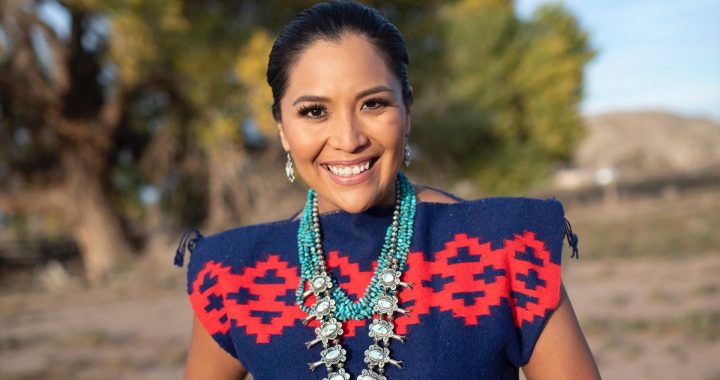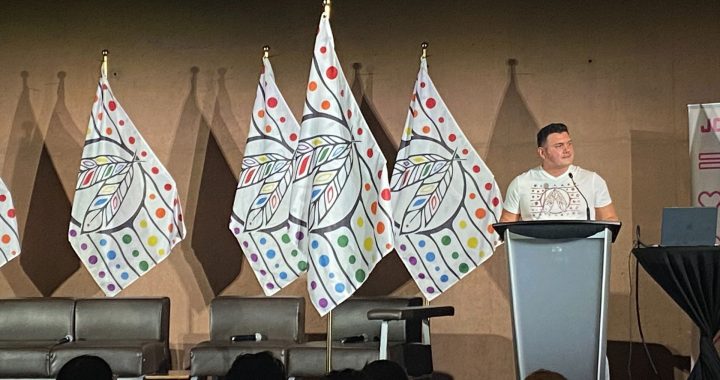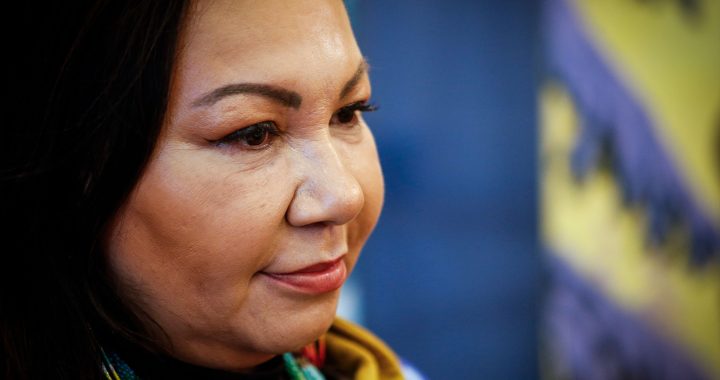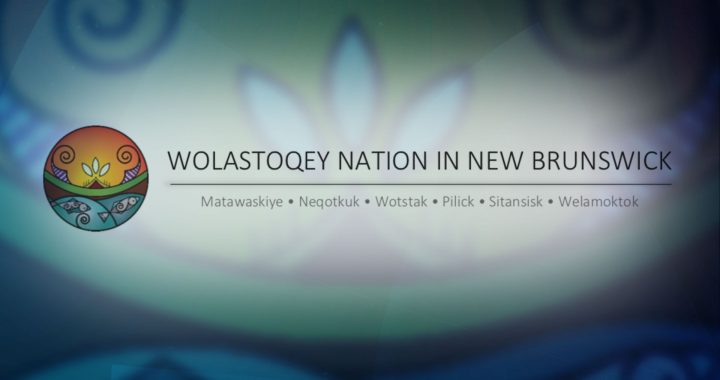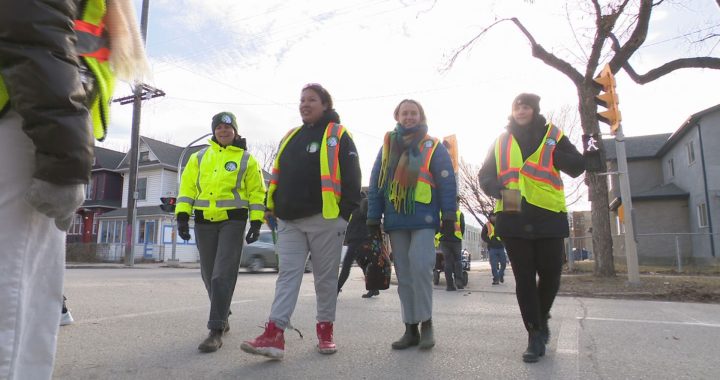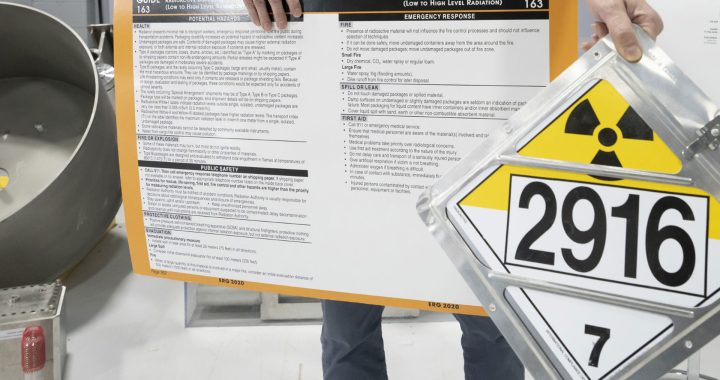The head of a group that looks to end all forms of gender- and race-based violence and genocide against Indigenous women, girls, and 2SLGBTQQIA+ people is trying to remain optimistic about the implementation of the calls for justice released in 2019 by the national inquiry into missing and murdered Indigenous women and girls.
Hilda Anderson-Pyrz says the cost of not acting is much too high.
“The cost is the murder of our Indigenous women and girls and Two-Spirit and gender diverse people, the continuance of violence being experienced by our women and girls and Two-Spirt and gender diverse people, and that’s a huge cost,” says Anderson-Pyrz on the latest episode of Face to Face.
“It’s a huge cost to our families, to our communities and our Nations.”
The third anniversary of the release of the inquiry’s report is just weeks away. Anderson-Pyrz, who is the chair of the National Family and Survivors Circle, expects families and survivors will be very disappointed at the lack of action from governments across the country.
“There appears to be a lack of political will to put the issue of MMIWG on the forefront and to address it in a meaningful way that will have an impact on the ground,” she says.
Anderson-Pyrz, who is a member of Nisichawayasihk Cree Nation in northern Manitoba, has spent the last two decades advocating for Indigenous women.
She was instrumental in establishing the Manitoba Keewatinowi Okimakanak Inc.’s Missing and Murdered Indigenous Women and Girls Liaison Unit, where she acted as director for five years, prior to joining the National Family and Survivors Circle.
Anderson-Pyrz lost her sister Dawn Anderson in 2011 in the northern Manitoba community of Leaf Rapids.
A medical examiner determined Dawn had died of exposure due to intoxication. Police at the time, ruled the death as not being suspicious.
The family has always had doubts about that.
“The way that my sister was, she was very outgoing, she stood up to injustices and she fought a lot for people who didn’t have voices,” says Anderson-Pyrz. “So, in many ways, it’s an honour to her that I keep doing this work, even prior to her passing I was doing this advocacy work but it has strengthened me to continue to fight a good fight so her voice is not silenced.
“And its important for her children as well to have pathways where they do not have to experience structural and systemic racism that exists in this country.”
Anderson-Pyrz says her passion for trying to end gender- and race-based violence began when was just a girl.
“It started from when I was a very young child and (seeing) how my family was impacted by resource development and the devastating impacts – not only to my family, but to my community and to the people of my community,” she says.
“I watched my father from a very young age fight the injustices related to the impacts of resource development, and the devastating impacts that have left scars on everyone within the community, even my family.”







